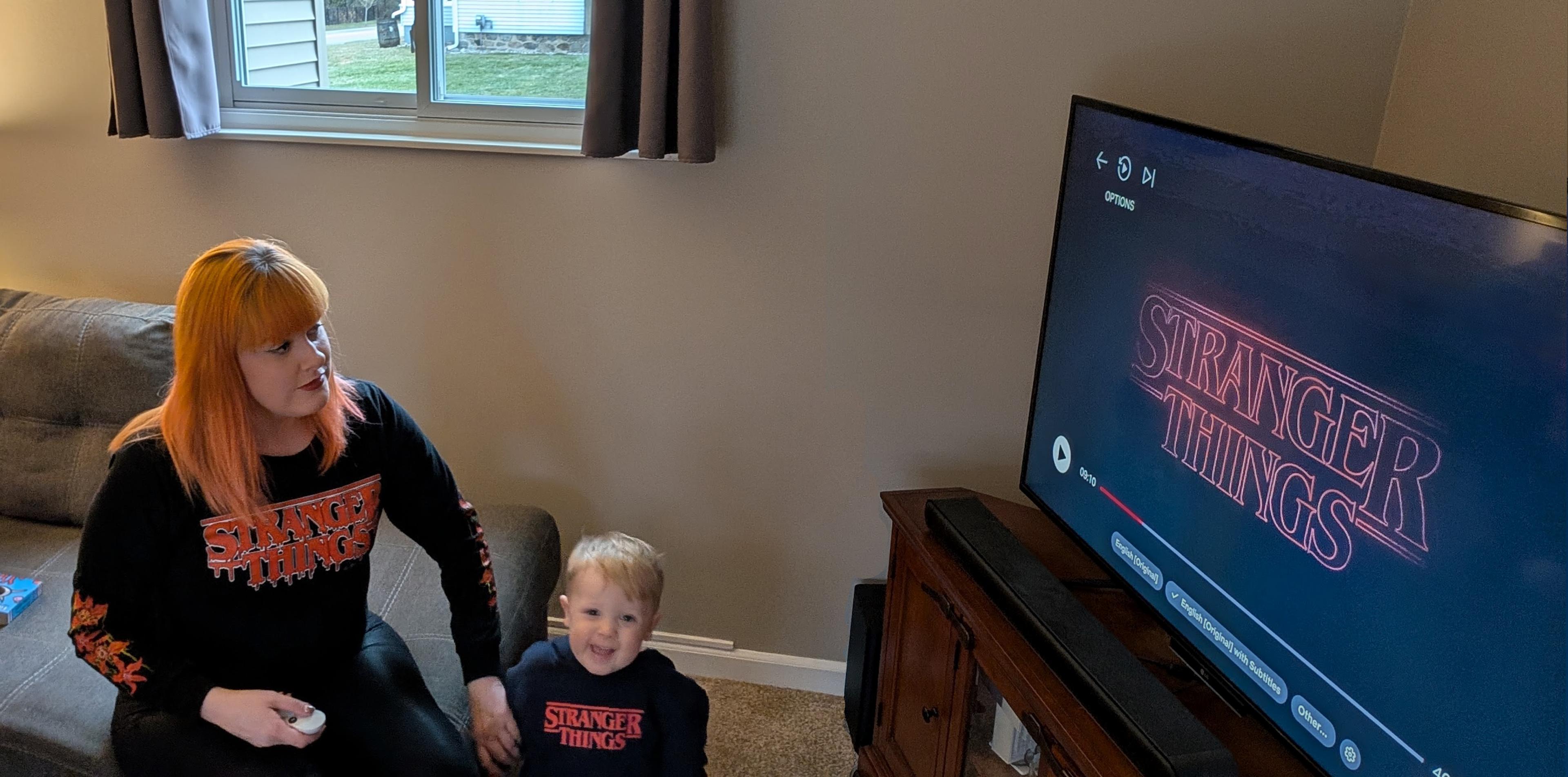Tired of Not Sleeping? Understanding Insomnia Symptoms and Treatment
Guest Blogger
| 3 min read

It’s 2…2:30…3 a.m. Awake. Again. It’s been like this for a while. You’re tired of not sleeping, and you’re especially tired of being tired. Sound familiar?
Insomnia – trouble falling or staying asleep – has become a major public health issue. The well-being of millions of people is affected with every night of poor sleep.
The most obvious results of sleep deprivation are stress, anxiety and depression. For some people, these issues cause insomnia; for others, they are the result of it.
Diabetes, pain, breathing problems, movement disorders, cardiac issues and auto-immune disorders are prominently associated with insomnia. Increases in blood pressure are also cited as occurring in conjunction with chronic insomnia.
Medications and substances – both legal and illegal – can also cause insomnia. So can withdrawal from medications and other substances. Shift work and jet lag are also major causes of insomnia.
Insomnia can also be the result of a long-standing behavioral pattern that has interfered with brain sleep signals. In short, almost any life event or medical issue can produce or be affected by insomnia.
What’s a person to do? Here are some suggestions to keep in mind:
- Insomnia can produce or be produced by many other conditions. Primary insomnia is diagnosed when there is no other underlying cause. Secondary insomnia is diagnosed when a sleep disturbance is associated with other conditions. Discuss your sleeplessness with a health care professional. Make sure that s/he assesses your medications, sleep-wake cycles and behaviors, and medical issues to determine whether your insomnia might be related to another condition.
- Consult with a psychologist or social worker who specializes in behavioral health. She or he can teach you how to follow a standardized bedtime routine, also called “sleep hygiene” and how to use cognitive-behavioral and mindfulness techniques to improve your sleep. A behavioral health consultant can also introduce you to sleep apps for mobile devices and support your use of them.
- Keep a sleep diary and share it with your health care professionals. Many versions are now available online and within sleep apps. The information contained in the diary can help your providers determine next steps.
- Sleep medications may help (but aren’t a long-term solution). Short-term use of sleep medications may help in acute cases of insomnia. However, avoid using prescription and over-the-counter sleep aids over the long term. Although a very popular solution, chronic use actually worsens sleep problems by interfering with normal sleep processes. Misuse, abuse or dependence may also result from long-term use. Medical experts have overwhelmingly stated that cognitive behavioral therapy is the most successful long-term solution for chronic sleep problems.
If none of the above works, ask your behavioral health consultant or primary care provider to refer you to a sleep specialist. If your primary care provider fails to address your sleep disorder, find a new provider.
Most importantly, if your sleep disturbance continues, don’t just blow it off or medicate it. Inform your health care professionals, and work with them to determine next steps.
About the author: Carol Ellstein, Ph.D. is a licensed psychologist in independent practice and a behavioral health consultant for Little Traverse Primary Care, Harbor Springs and Cheboygan, Mich.

If you enjoyed reading this post, check out these other blogs:
Photo credit: Satish Krishnamurthy





